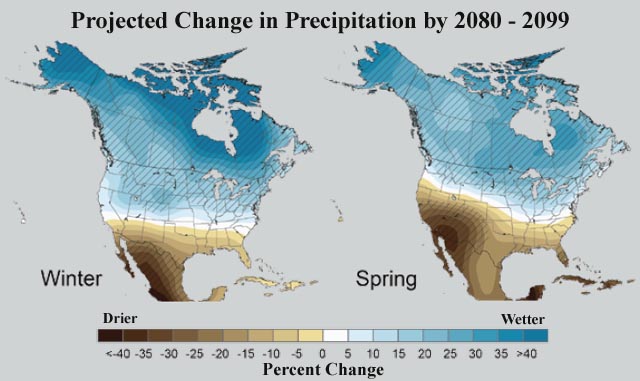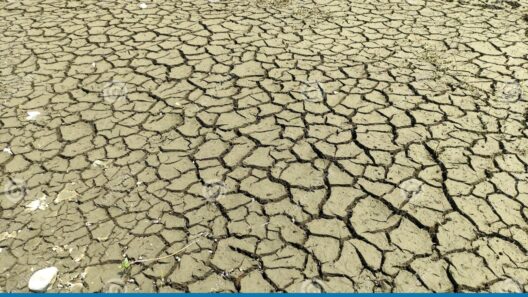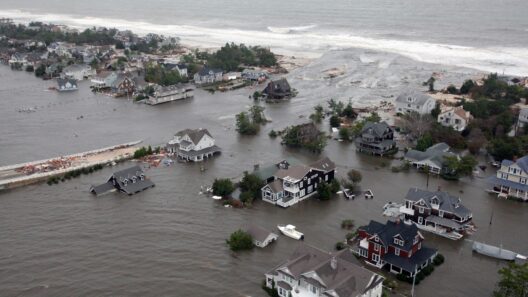Indonesia, an archipelagic nation known for its rich biodiversity and cultural heritage, is facing a climate crisis that is far-reaching in its implications. The phenomenon of global warming, which refers to the long-term heating of Earth’s climate system, poses a significant threat to the ecological balance of Indonesia. With its unique geographical features, comprising over 17,000 islands, Indonesia’s changing climate has ramifications that stretch beyond environmental concerns, affecting socio-economic stability, community resilience, and public health.
Firstly, rising temperatures are a pressing concern. Average temperatures in Indonesia are expected to increase substantially due to global warming, leading to more intense heat waves. Such drastic temperature rises can directly impact agricultural productivity, which is vital for a nation where a large segment of the population relies on agriculture for their livelihood. Key crops such as rice, coffee, and palm oil are particularly at risk, as extreme heat and altered rainfall patterns can diminish yields and threaten food security. This scenario not only jeopardizes the sustenance of local communities but also threatens the economic stability of the country.
Moreover, precipitation patterns are undergoing significant alterations as a direct consequence of climate change. Indonesia’s typical wet and dry seasons are expected to become increasingly unpredictable. Some regions may experience torrential downpours that lead to catastrophic flooding, while others may suffer from drought conditions, crippling local water supplies. Flooding in coastal cities, such as Jakarta, not only disrupts daily life but also exacerbates the urban infrastructure crisis. This creates an urgent need for sustainable urban planning and effective disaster management strategies to mitigate such impacts.
Another alarming implication of global warming for Indonesia is the rising sea levels. As one of the nations most vulnerable to sea-level rise, Indonesia’s many coastal cities are at imminent risk. Jakarta, for instance, is sinking at an alarming rate due to excessive groundwater extraction and is projected to be largely submerged by 2050 if current trends continue. This situation necessitates immediate action, including the strengthening of coastal defenses and the exploration of adaptive strategies for communities residing in low-lying areas.
Diverse ecosystems, crucial to maintaining natural balance, are also under siege. Indonesia is home to some of the world’s most diverse habitats, such as the tropical rainforests of Sumatra and Borneo. These ecosystems act as carbon sinks, absorbing greenhouse gases from the atmosphere. However, with the rising temperatures and changes in precipitation, these forests could be severely impacted, leading to the loss of biodiversity and putting various species at risk of extinction. Endangered species like the orangutan and the Sumatran tiger are already facing dwindling habitats, threatening their survival. The interdependence of species within these ecosystems further emphasizes the ripple effect of climate change on biodiversity.
Notably, Indonesia’s indigenous communities are among the most vulnerable to these climatic shifts. Many indigenous populations rely on traditional knowledge and practices that are closely tied to the natural environment. As climate change alters their surroundings, these communities face challenges in maintaining their cultural heritage and traditional livelihoods. The loss of biodiversity, changes in weather patterns, and displacement due to rising sea levels threaten to uproot these cultures, potentially leading to a loss of valuable traditional ecological knowledge.
Furthermore, global warming also has profound implications for public health in Indonesia. The rise in climate-related issues can lead to the proliferation of waterborne diseases, respiratory ailments from poor air quality, and heat-related illnesses. In dense urban settings, such as Jakarta, where air pollution is already a significant concern, the combination of heat and pollution can exacerbate health risks. Particularly vulnerable populations, including children and the elderly, may suffer disproportionately from these health threats, emphasizing the need for robust public health initiatives that account for climate change impacts.
To combat these challenges, Indonesia must prioritize climate adaptation strategies. This involves integrating climate considerations into national and local development plans, investing in renewable energy sources, and fostering sustainable land-use practices. Additionally, enhancing community awareness and resilience is paramount. Educating the populace about climate change, promoting adaptive agricultural techniques, and encouraging sustainable consumption can collectively strengthen the nation’s ability to cope with climatic changes.
International cooperation will also play a crucial role in addressing Indonesia’s climate challenges. Engaging with global partners for technology transfer, financial assistance, and capacity building can aid in the country’s transition to a more sustainable future. By actively participating in international climate agreements and initiatives, Indonesia can secure support to implement effective strategies that align with both national priorities and global climate targets.
In conclusion, Indonesia stands at a crossroads where the impacts of global warming are not only an environmental issue but a multi-faceted crisis requiring urgent action. The changes in climate patterns, rising sea levels, and threats to biodiversity and public health necessitate a comprehensive response that embraces adaptation and mitigation strategies. By prioritizing sustainable development, engaging local communities, and fostering international collaboration, Indonesia can chart a path toward resilience, thereby safeguarding both its cultural heritage and natural resources for future generations.








